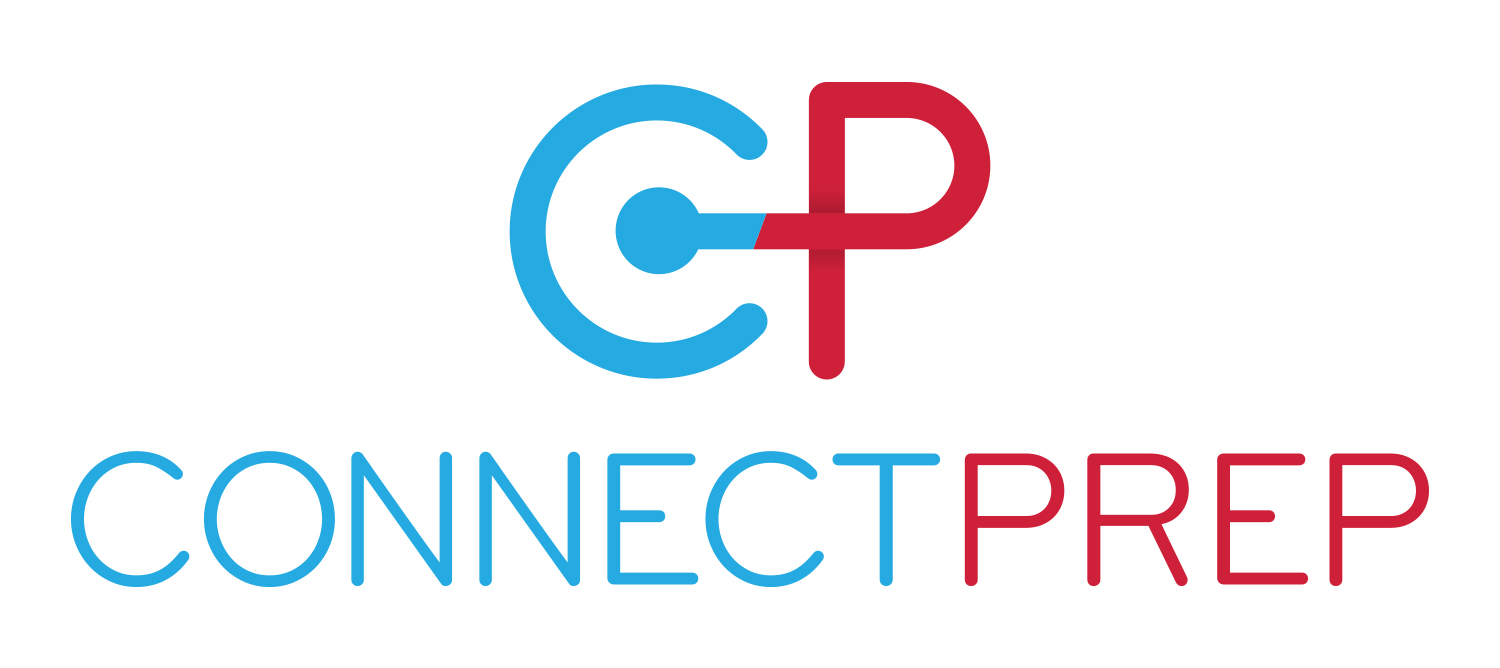A Founder’s View: The 2025 Education Research Initiatives at WashU That Excite Me Most
By Jeremy M. Fine, Founder of ConnectPrep & Washington University Alumnus
As a proud alumnus of Washington University in St. Louis and the founder of ConnectPrep, I’ve seen firsthand how groundbreaking research can transform classrooms. In 2025, WashU’s education community is pioneering projects that bridge theory and practice—here are the initiatives I’m most excited about:
1. Embedding AI into Everyday Pedagogy
This spring, WashU’s Academy of Educators rolled out its “AI for Educators” series, training faculty on real-world applications of generative tools. I spoke with participants who are already using AI to design personalized study-plan generators, craft adaptive quizzes, and analyze student engagement patterns. By moving beyond theory to hands-on workshops, WashU is ensuring that tomorrow’s teachers are comfortable with—and critical of—AI in the classroom.
2. Scaling Active Learning in Large STEM Courses
Through its Center for Integrative Research on Cognition, Learning, and Education (CIRCLE), WashU researchers and graduate students have refined a “multi-strategy” active-learning approach. In introductory physics and biology lectures of 200+ students, they’ve combined peer instruction, clicker polls, and rapid-cycle projects—resulting in measurable gains in concept mastery and student confidence. This work demonstrates that active learning isn’t just for small seminars; it can thrive at scale.
3. Co-Designing Curricula with PK-12 Teachers
At the Institute for School Partnership (ISP), faculty now embed K-12 teachers in every stage of research. This year’s Julia Goldstein Early Childhood Education Center initiatives, for example, co-developed project-based algebra modules with preschool and kindergarten teachers—blending storytelling and manipulatives. Early data from partner schools shows a significant uptick in young learners’ numeracy foundations.
4. Empowering Educators as Researchers
Each June, WashU invites a select group of PK-12 educators to its Danforth Campus for its teacher professional development programs. In the 2025 cohort, thirteen teachers didn’t just observe research—they designed pilots in culturally responsive literacy, social-emotional learning, and AI-guided feedback cycles. By placing teachers at the center of inquiry through programs like the ISP’s Teacher-in-Residence, WashU fast-tracks the adoption of evidence-based practices back in the classroom.
5. Democratizing Data with Interactive Dashboards
Under the Office of the Vice Chancellor for Research, WashU launched dynamic dashboards that surface grant trends, student-outcome metrics, and teaching-innovation impact. Built with R-Shiny and JavaScript, these tools let department chairs and curriculum designers filter by discipline, compare year-over-year gains, and spot collaboration opportunities—all in real time.
6. Fueling EdTech Innovation Through Seed Grants
As part of its “Here and Next” strategic plan, the Digital Intelligence and Innovation Accelerator (DIIA) awarded interdisciplinary seed grants this spring. Winning proposals include a VR chemistry lab that adapts to student performance, a machine-learning model predicting early reading challenges, and an open-source toolkit for data-driven humanities projects. These pilots will gather crucial evidence for larger federal awards, propelling WashU’s commitment to scalable EdTech solutions.
Looking Ahead
What excites me most is WashU’s holistic vision: empower educators as researchers, ground every innovation in rigorous evidence, and partner seamlessly with local schools. As these 2025 projects evolve, I’m eager to bring their insights into ConnectPrep’s programs—ensuring our students benefit from the very latest in educational science.
If you’re interested in collaborating or learning more, let’s connect. Together, we can turn these research breakthroughs into transformative experiences for learners everywhere.
